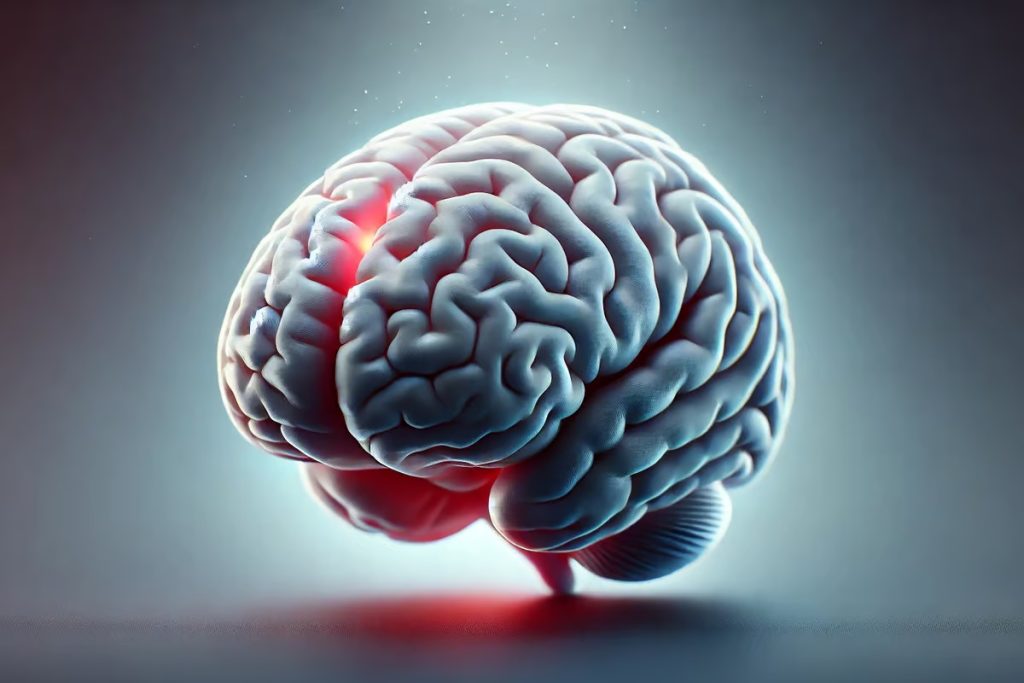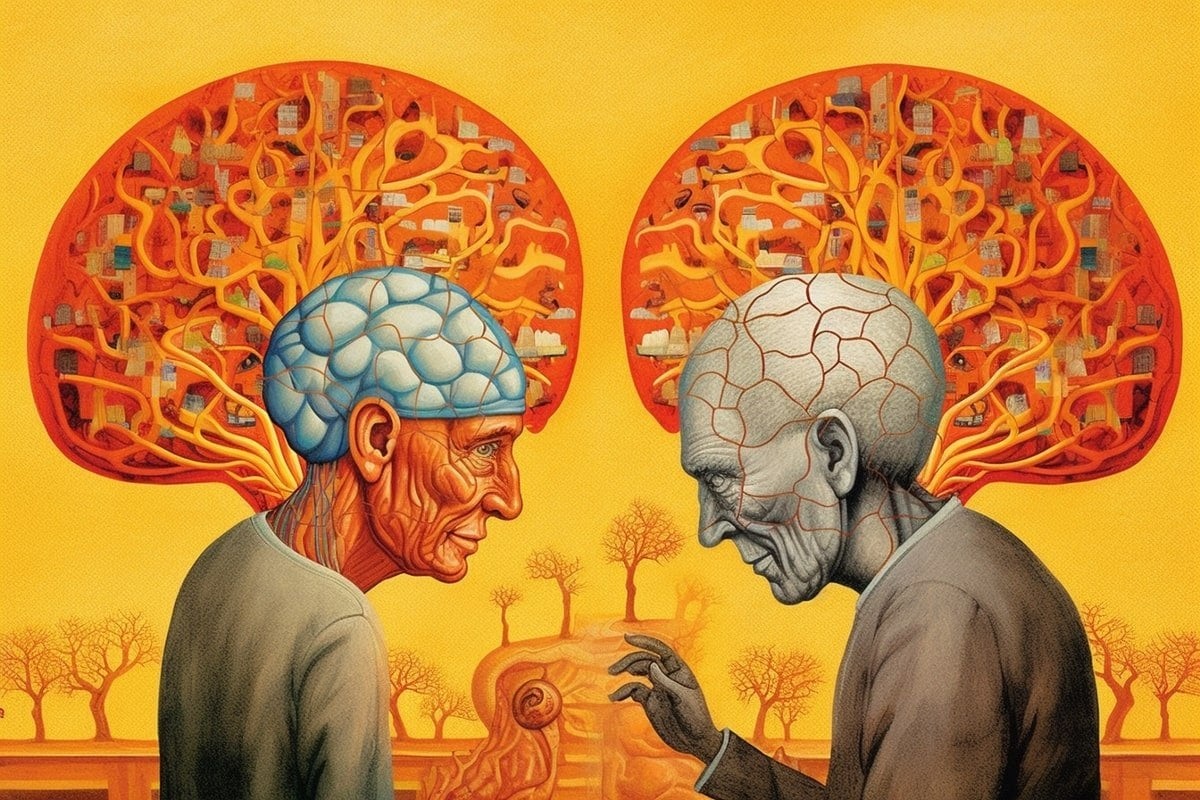Watan–A recent study revealed that not all cells in the brain age in the same way. Some cells, particularly those involved in hormone regulation, may experience greater changes in gene activity with age (aging) compared to other cells. This discovery, published in Nature on January 1st, could reshape scientists’ understanding of aging and its connection to brain disorders such as Alzheimer’s disease.
The research focused on comparing the brains of young and older mice. By analyzing the gene activity of individual cells in 16 different regions of the brain, the team created a detailed map showing how aging affects different cell types. This map could serve as a guide for developing new treatments for age-related brain diseases.
Aging is the biggest risk factor for many brain disorders, including Alzheimer’s. However, until now, scientists haven’t fully understood how aging impacts different types of brain cells.
In the new study, researchers highlighted this process by revealing that some cells are more sensitive to aging than others.
The researchers studied the brains of 2-month-old and 18-month-old mice, which roughly compares to humans in their 20s and 70s. They then examined the gene activity of various cell types, including neurons (the main signaling cells in the brain) and glial cells, which support neurons by regulating neurotransmitters and insulating nerve fibers, according to the study’s lead author, Bosiljka Tasic, Director of the Molecular Genetics Division at the Allen Institute for Brain Science in Seattle, USA.

Tasic added that the results showed aging reduces the activity of genes related to neural circuits in both neurons and glial cells. At the same time, aging increases the activity of genes linked to the immune system and inflammation in the brain, as well as genes in the cells of blood vessels in the brain.
This suggests that as we age, the brain’s ability to communicate through neural circuits diminishes, while immune and inflammatory responses become more active. “One of the most exciting discoveries was that some cells are more prone to the effects of aging than others. For example, we found that aging reduces the development of newborn neurons in at least three areas of the brain. These newborn neurons are believed to play a role in learning, memory, and even odor recognition,” said the study’s lead author.
The most age-sensitive cells were found near the third ventricle, a fluid-filled space in the brain that connects to the hypothalamus. The hypothalamus, located at the base of the brain, controls fundamental physical functions such as temperature, heart rate, sleep, thirst, and hunger. The cells lining the third ventricle and the adjacent neurons in the hypothalamus showed the greatest changes in gene activity with age.
These changes included increased activity of genes related to immunity and decreased activity of genes linked to neural circuits. These findings align with previous research on aging and metabolism in animals.
For example, studies have shown that intermittent fasting and calorie-restricted diets can extend lifespan. Neurons sensitive to aging in the hypothalamus produce hormones that regulate nutrition and energy, while the cells lining the third ventricle control the movement of hormones and nutrients between the brain and the body.
This suggests that the aging process in these cells can directly affect metabolism and overall health. However, further research is needed to understand the biological mechanisms behind these changes and whether they apply to humans.
The authors hope that their findings will inspire more research into the specific mechanisms of brain aging and how they contribute to diseases like Alzheimer’s. By understanding which cells are most vulnerable, scientists may be able to develop targeted treatments to slow down or even reverse the effects of aging on the brain.
-
-
-
-
-
-
